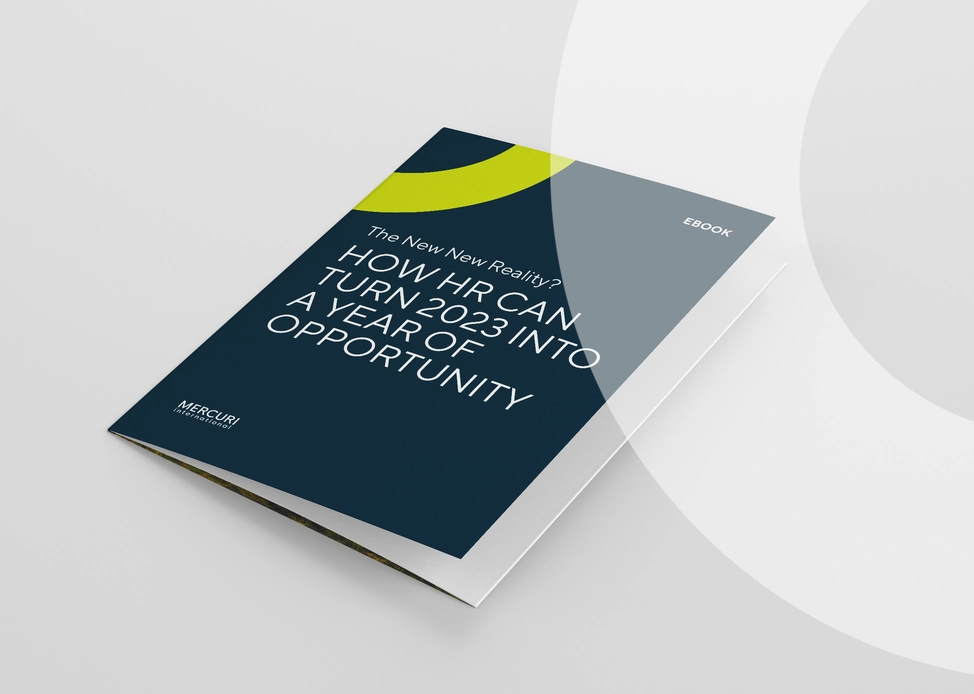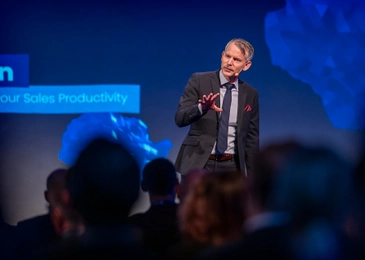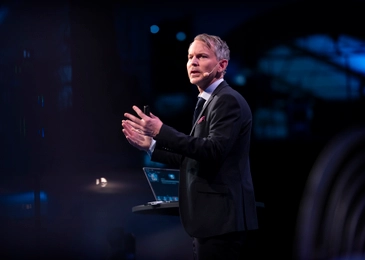In our series of three short blog posts, we’ll be taking a look at some of the key issues facing HR as they navigate the increasingly complex landscape of 2023. In our last, we take a look at the disruptors changing the landscape of sales (and work in general) – and what they really mean for team building and effective sales.
Challenge 3 – “Everything, everywhere, all at once”
It’s a cliché to say that the business landscape is evolving faster than ever, but even the most cynical observer would have to admit that the last couple of years has been one step-change after another, whether societal, political, or technological. The entire nature (and location) of work has been shaken up by the pandemic and what was a fairly leisurely move towards automation has been supercharged by the arrival of OpenAI’s ChatGPT and other AI-driven technologies. Roles that were previously seen to be solely the province of humans are potentially being outsourced to artificial intelligences, which is leading to some serious questioning of the established sales structures.
And, right in the middle, as always, trying to make sense of this tsunami of reinvention lies HR. Here are just a few areas that have experienced profound change over the last couple of years – and that directly impact the role of HR:
- Remote Sales
- AI
- Self-serve culture
- Automation
- Remote working
We’ve covered the issue of remote working and sales as they relate to trust building, but the technological revolution of AI and associated practices is hugely relevant to HR – as sales teams pivot to embrace these new tools (and avoid being made obsolete by them) they’re going to need HR’s support more than ever.
“By 2030, the world will be entering the 6G era; an intelligently autonomous, sensory, massively distributed but highly networked world that blends our physical, digital and human systems…
Ernst and Young – “How Emerging Technologies Can Usher In The Dawn of Pervasive Intelligence
…Data will be created on an unimaginable scale, changing how we collaborate, convene, create and contextualize.”
Successfully deploying these new tools is going to take some significant rethinking when it comes to how training is developed and deployed – tools such as AI are going to need to be incorporated into existing sales practices if we are to maximise their advantages, rather than suffering a lack of competitiveness to those who do use them well.
The existing barriers and silos that define traditional sales organization are going to be replaced by a more organic ‘ecosystem’ of relationships – and companies are going to have to retrain accordingly:
- 69% of business leaders from companies that are part of an ecosystem regard this as very important to their success
- 73% of executives want to give priority to suppliers who can provide relevant ecosystem relationships
- 85% of executives agreed that ecosystems are an effective way to connect large companies with small disruptors
Training solutions that are proactive, not reactive
Agility is going to be more critical than ever – and for HR this is going to require training solutions that are able to react to changes to the business climate in real time (and if possible anticipate them).
Discover agile training that’s built for the real world – Contact us today for a first, personalized assessment.



